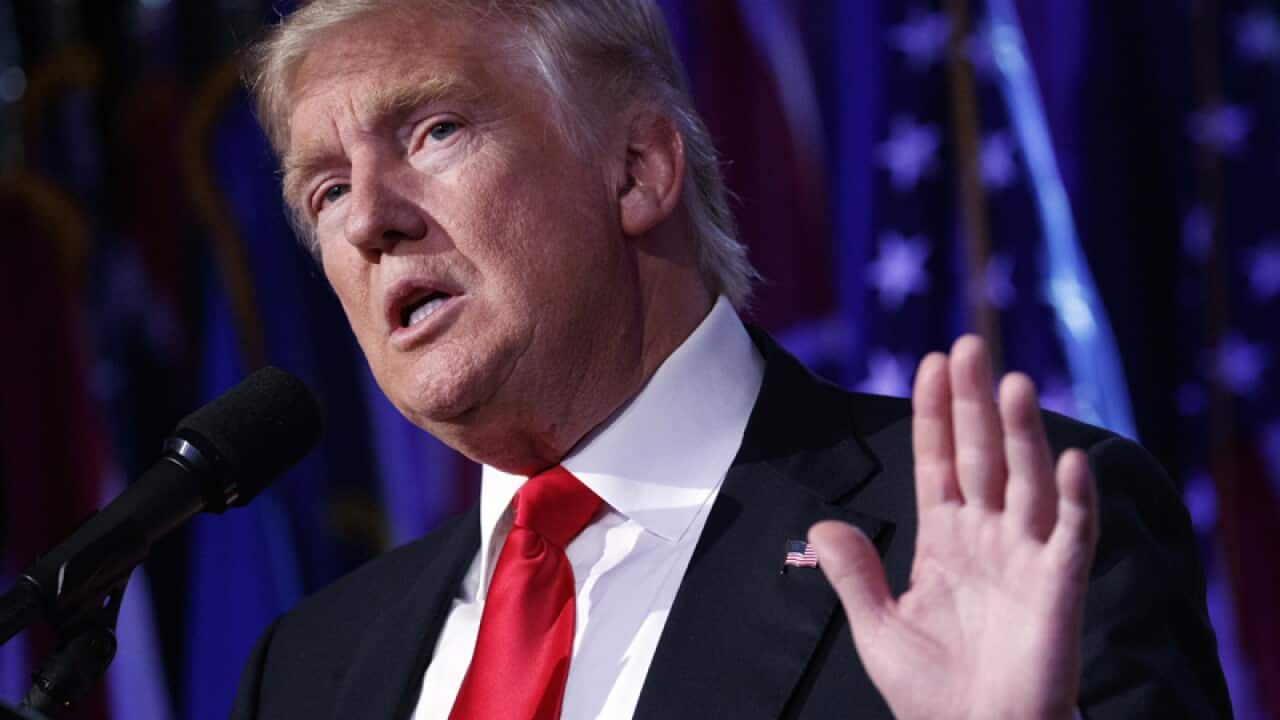President-elect Donald Trump's policies are likely to make it harder for developing nations to obtain the growing finance they need to combat climate change, threatening one pillar of a 2015 international agreement to slow global warming.
Many developing nations' promises to act under last year's Paris Agreement set pre-conditions including increasing funds to help them limit greenhouse gas emissions and make their economies more resilient to heat waves, floods, storms and rising seas.
Without extra money, they say they won't be able to do so much. Trump, who has called man-made climate change a hoax, wants to cancel the Paris Agreement and halt any US taxpayer funds for UN global warming programs.
If he follows through, that will threaten a collective pledge by rich nations in Paris to raise climate finance from both public and private sources from a combined $US100 billion ($A132 billion) a year promised for 2020.
Since Trump's win, nations from China to Saudi Arabia have reaffirmed their support for the Paris Agreement's goal of eliminating net greenhouse gas emissions sometime from 2050 to 2100.
But there is widespread unease about finance at the November 7-18 talks on climate change among almost 200 nations being held in Marrakesh, Morocco.
"My only worry is the money," said Tosi Mpanu Mpanu of Democratic Republic of Congo, who heads a group of the 48 least developed nations. "It's worrying when you know that Trump is a climate change sceptic," he told Reuters.
"Investments in green growth can be braked ... green finance can be braked," under Trump, French Environment Minister Segolene Royal told Reuters, calling some of Trump's climate policies "catastrophic".
Among the first casualties could be the Green Climate Fund (GCF), meant to help developing countries act. Rich nations promised the GCF $US10 billion in a first round of funding in 2014, including $US3 billion from the US.
President Barack Obama's administration has only made $US500 million available so far, and Trump may withhold the rest.









